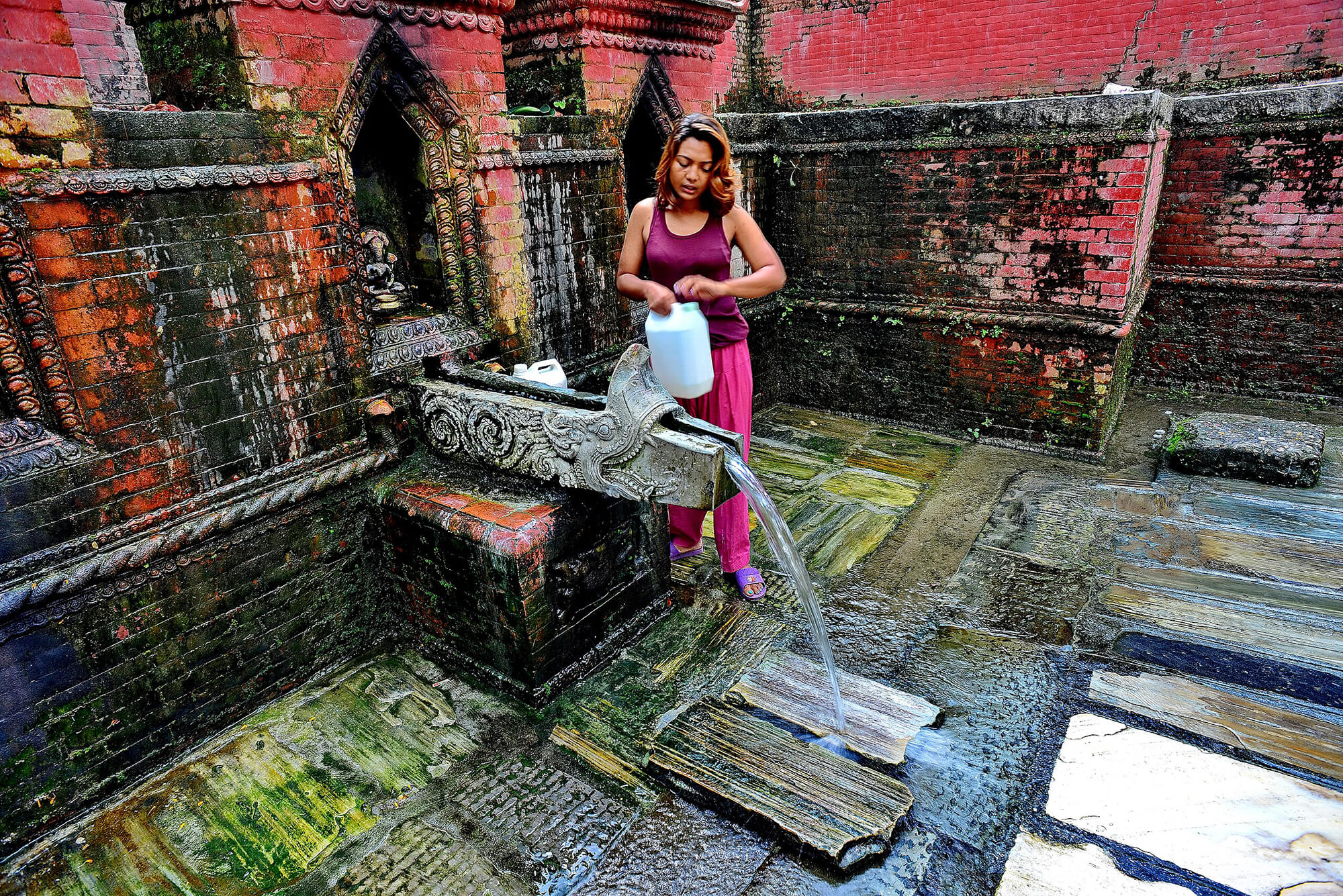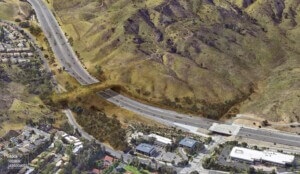It wasn’t long ago when UNESCO estimated that one in six cultural heritage sites around the world are threatened by climate change. To address this, the World Monuments Fund (WMF) awarded $15 million in funding this week to a bevy of projects and research initiatives that could insulate cultural heritage sites from global warming in places such as India, Peru, and the United Kingdom.
Last year, it created a new Climate Heritage Initiative which builds upon years of WMF’s work on climate and heritage. In 2024, funding from the Climate Heritage Initiative will help adapt historic gardens in the U.K. and France to climate change and address issues related to water storage and availability, while building a global network of heritage sites where addressing the challenges of sea level rise, storm surge, erosion, and water insecurity is paramount. WMF has appointed Meredith Wiggins, as senior director of climate adaptation to oversee these efforts.
In the U.K., The Palm House and Waterlily House at the Royal Botanic Gardens in Kew will be retrofitted as part of a landscape research initiative that looks at how to upkeep historic gardens amidst climate change.
In India, Nepal, and Peru, projects will rehabilitate water storage systems. This need is further pronounced by alarming trends pertaining to water scarcity. The United Nations (UN) predicts by 2050 urban water demand in India will increase by 80 percent, and roughly 2.4 billion people in cities around the world will face water scarcity. In rural communities, changes in seasonal rainfall and overextraction of groundwater will burden irrigation and grazing.

In partnership with Tata Consultancy Services Foundation, the WMF will rehabilitate water storage systems at Rajaon ki Baoli, Taj Bawdi, Kundvav, Jaipur Baolis, and Wai Temples and Ghats to future-proof urban dwellers and farmers against these issues.
Across Katmandu Valley in Nepal, historic water distribution systems distribute water from decorative spouts. The channels are under threat by overdevelopment in the region. Another project backed by the Climate Heritage Initiative will map, document, and upgrade select hitis and their infrastructure to keep safe water flowing. Other water resiliency projects through this initiative will happen at Andean dams in the Yanacancha-Huaquis Cultural Landscape in Peru.
“While the magnitude of the threat posed by climate change to societies around the world is widely recognized, its particular impact on cultural heritage remains understudied,” said Bénédicte de Montlaur, president and CEO of WMF. “Our team is working hard to address the threats facing some of our most treasured places—and explore potential solutions that traditional buildings and infrastructure hold out for us in the present. At a time when shifting weather patterns and natural disasters continue to strike communities and strain the built environment, we feel that we as heritage professionals have unique and valuable expertise to share about cultivating resilience through preservation.”











